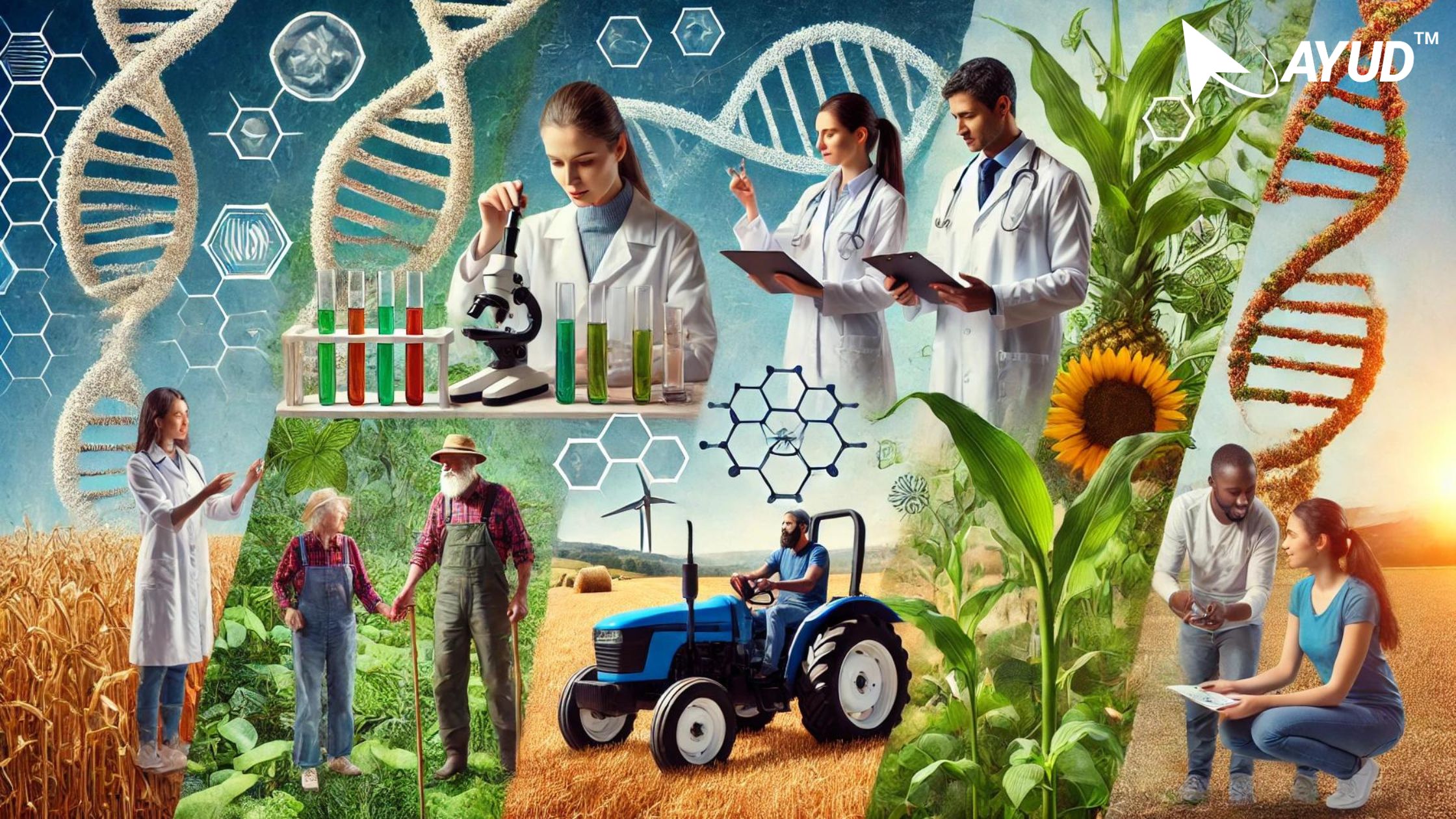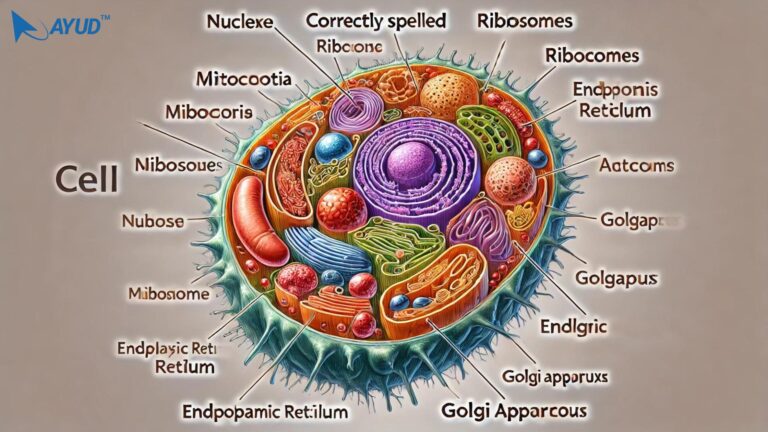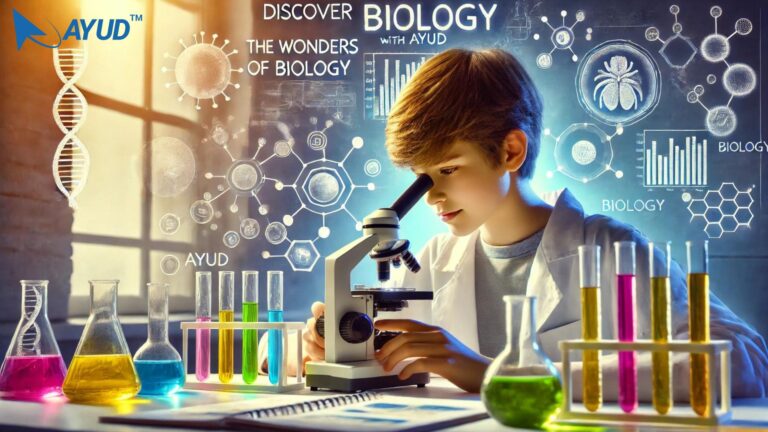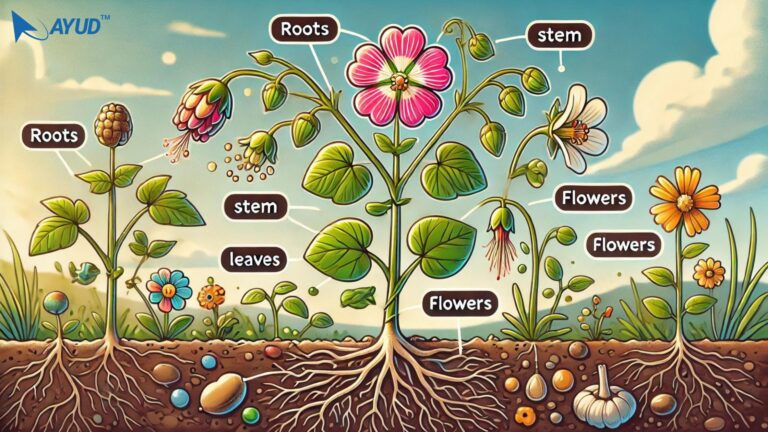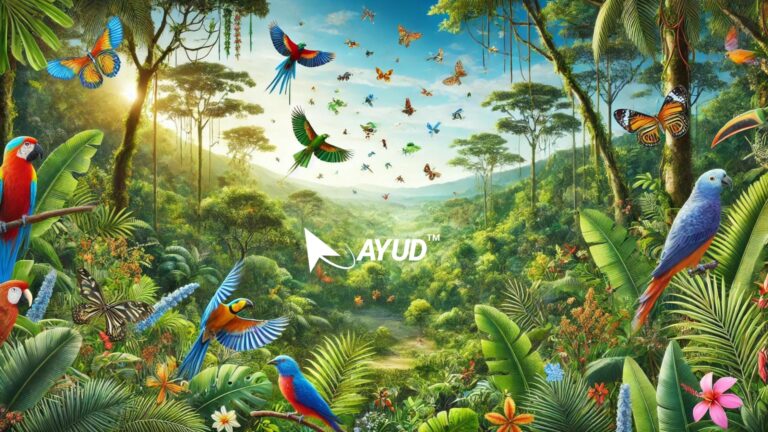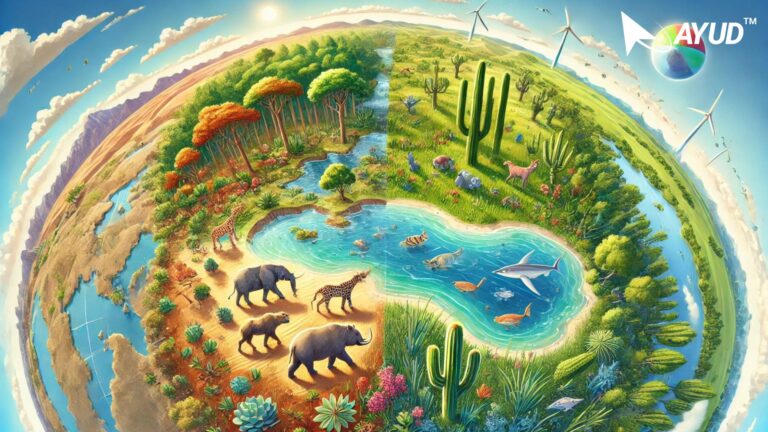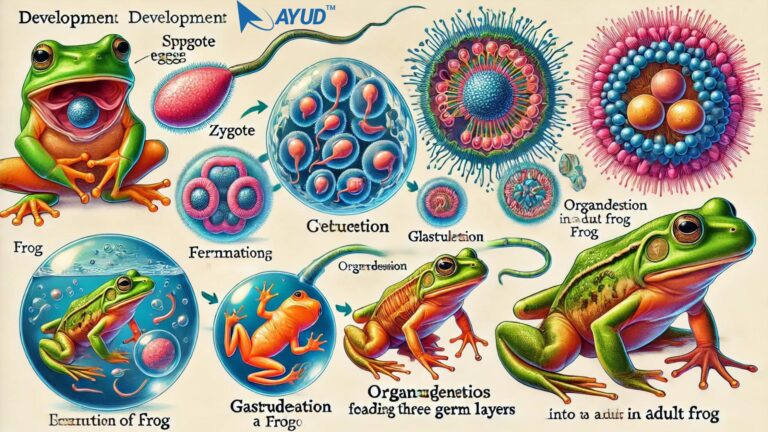Introduction to Biology and Human Welfare
Introduction to Biology and Human Welfare
Biology, the study of life, plays a crucial role in improving human welfare. Understanding biological processes helps us tackle diseases, improve agriculture, and maintain ecological balance. Introduction to Biology and Human Welfare. This blog explores how biology contributes to human welfare, making it an essential field for both technical and non-technical audiences.
Improving Health through Biology
Medical Advances
Biology has significantly advanced the medical field. Researchers have developed vaccines, antibiotics, and other treatments by understanding microorganisms. For example, the development of the polio vaccine eradicated the disease in many parts of the world. Understanding the human genome has also opened new avenues for personalized medicine, allowing treatments tailored to individual genetic profiles.
Real-Life Example: The Story of Penicillin
In 1928, Alexander Fleming discovered penicillin, a groundbreaking antibiotic. This discovery revolutionized medicine, allowing doctors to treat bacterial infections effectively. Before penicillin, simple infections often led to severe illness or death. Today, antibiotics like penicillin save countless lives, showcasing biology’s impact on human health.
Enhancing Agriculture
Genetic Engineering
Biology enhances agriculture through genetic engineering. Scientists can modify crops to be more resistant to pests, diseases, and extreme weather. Genetically modified organisms (GMOs) can also have higher nutritional value. For instance, Golden Rice is engineered to contain vitamin A, addressing deficiencies in regions where rice is a staple food.
Sustainable Practices
Biology promotes sustainable farming practices. By understanding ecosystems, farmers can use biological pest control methods, reducing the need for harmful pesticides. Crop rotation and polyculture are other techniques that maintain soil health and boost productivity.
Environmental Conservation
Biodiversity Preservation
Biodiversity is vital for ecosystem stability. Conservation biology focuses on protecting endangered species and their habitats. Efforts like wildlife reserves and national parks help preserve biodiversity, ensuring the survival of various species.
Pollution Control
Biologists study the impact of pollutants on ecosystems and human health. This knowledge leads to developing technologies and policies to reduce pollution. For example, bioremediation uses microorganisms to clean up oil spills, minimizing environmental damage.
Education and Awareness
Promoting Biological Literacy
Understanding biology is essential for making informed decisions about health and the environment. Educational programs and public awareness campaigns help people appreciate the importance of biology. Schools, museums, and media play a role in spreading biological literacy.
Real-Life Example: The Impact of COVID-19 Education
The COVID-19 pandemic highlighted the need for biological literacy. Educating the public about the virus, transmission, and prevention measures was crucial in controlling the spread. This example underscores the importance of biological knowledge in everyday life.
Transitioning to a Healthier Lifestyle
Nutrition and Diet
Biology informs us about the importance of a balanced diet. Knowing the nutritional content of different foods helps people make healthier choices. For instance, understanding the benefits of fruits and vegetables can encourage their inclusion in daily meals.
Physical Activity
Biology explains the benefits of physical activity on the body. Regular exercise improves cardiovascular health, strengthens muscles, and boosts mental well-being. Public health campaigns often use biological facts to promote active lifestyles.
The Future of Biology and Human Welfare
Emerging Technologies
Emerging technologies like CRISPR gene editing hold promise for treating genetic disorders and enhancing crops. Synthetic biology aims to create new biological parts and systems, potentially leading to breakthroughs in medicine, agriculture, and environmental conservation.
Global Health Initiatives
Biology plays a central role in global health initiatives. Efforts to eradicate diseases like malaria and HIV/AIDS rely on biological research. Collaboration between countries and organizations is essential to address these global health challenges.
Conclusion
Biology’s contributions to human welfare are vast and varied. From improving health and agriculture to conserving the environment and educating the public, biology impacts every aspect of our lives. By understanding and applying biological principles, we can create a healthier, more sustainable world.
Call to Action
Embrace biological knowledge and its applications in your daily life. Stay informed about medical advances, support sustainable practices, and promote biological literacy in your community. Together, we can harness the power of biology to enhance human welfare and create a better future.
#BiologyAndWelfare #MedicalAdvances #AgriculturalBiology #EnvironmentalConservation #BiologicalLiteracy #HealthierLifestyle #FutureOfBiology #ayud #ayudjobs #askayud #MultiLanguageSupport #ResumeBuilder #gotestit #ayudian #ayudblog
Self Evaluation:
GoTestIt – NEET Biology / Biology and Human Welfare
My Goal Tracker – Stage 0 Level 0
https://ayud.page.link/eCMXd1yGcuGmmzg37
How to Use Ayud Jobs: A Comprehensive Guide
Join our what’s app channel for timely updates

